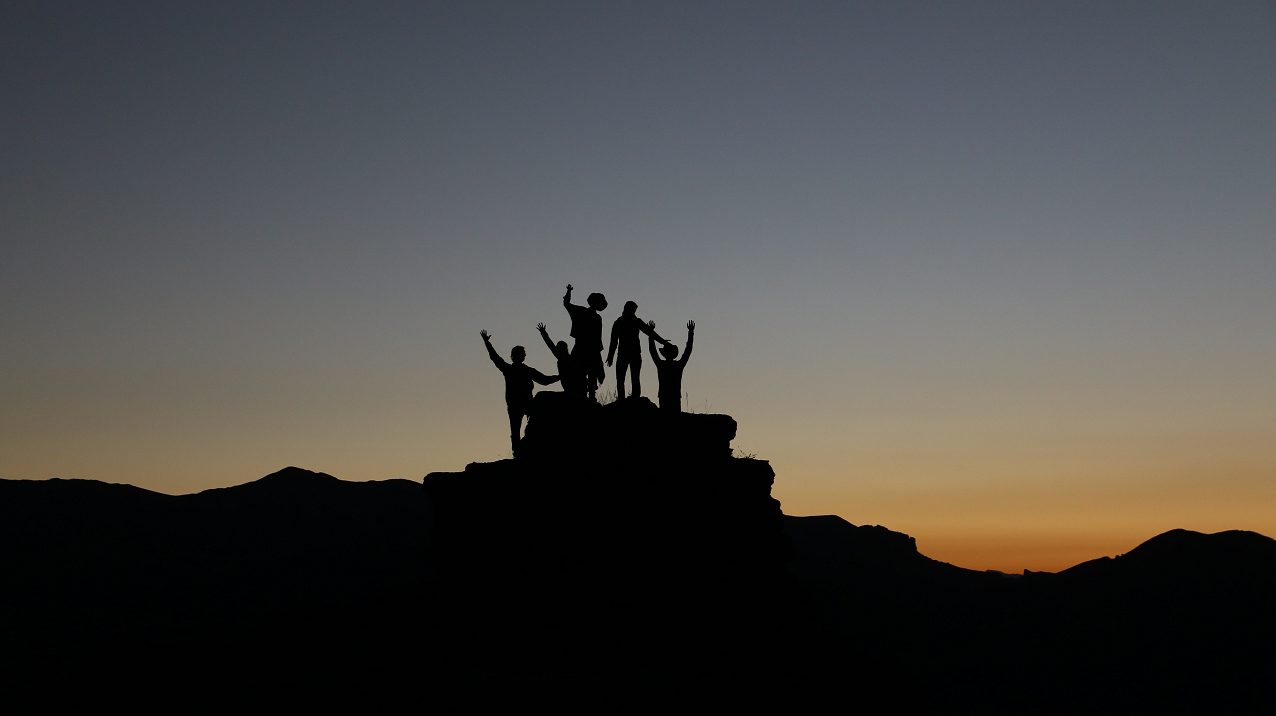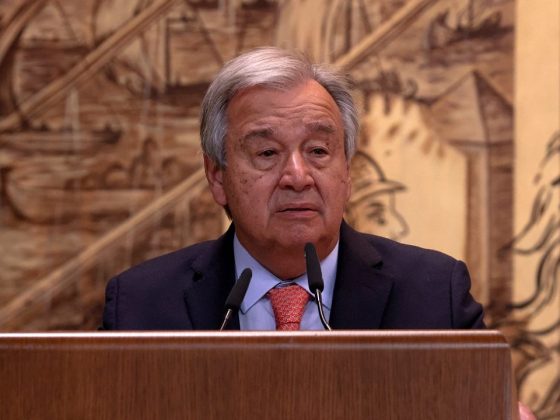In nature, competition develops and improves. Evolution is based on competition; without it, nothing would change.
But in human society, competition takes a very negative turn; it becomes destructive and causes devolution rather than evolution. Why is this so? Because human nature itself needs to change in order to evolve positively.
In nature, instincts regulate competition between species; there is no free choice or independent decision. This is how evolution creates better and better forms of life.
But in humans, there is the ego. The ego is not static, but constantly intensifies and causes us to feel increasingly alienated and hateful toward others. The concept of individualism pertains specifically to humans, and the more it grows, the less we feel as part of the whole. Today, it is at an all-time high, and it is still growing. In consequence, our approach in our relation to others is exploitative: We want to use everyone for our own pleasure, each person according to one’s own likes and preferences.
“The free market, as the progenitors of capitalism referred to it, was supposed to benefit from competition and create a better life for all of us. It did for a while, but now it only causes more and more harm as capitalism has been poisoned by excessive selfishness.”
This attitude makes the competition between us destructive and ruinous. It does not develop us but throws us into ever worse crises that are now becoming existential threats on a global level.
On the face of it, things did not have to be this way. We have advanced science, we can produce far more food than the world needs, we can see that every child on the planet gets good education, healthcare, nutrition, and housing.
In reality, more and more children are hungry, sick, and destitute. It is not for our inability, but for our inhumanity. We pollute the air and the water even though we can have all the energy we need from clean sources. We pollute the ground although we can avoid it, and we do all these not because of negligence, but because of carelessness.
The free market, as the progenitors of capitalism referred to it, was supposed to benefit from competition and create a better life for all of us. It did for a while, but now it only causes more and more harm as capitalism has been poisoned by excessive selfishness.
The bottom line is that egoistic competition has brought us to a precipice. If we do not change direction quickly, we will fall off.
“It is time we realize that just as nature is a connected system where the evolution of one part improves and affects all other parts, we, too, are all connected. But in the case of humans, it is our task to make these connections positive and constructive.”
It is time we realize that just as nature is a connected system where the evolution of one part improves and affects all other parts, we, too, are all connected. But in the case of humans, it is our task to make these connections positive and constructive.
To foster constructive competition in humanity, we should not race to reach the top while stepping on everyone else’s heads, but compete at who contributes more to humankind. People should be respected not for achieving selfish goals, often at the expense of the common good, but for contributing to the common good, for improving people’s lives, and mainly, for bringing people closer together, increasing the sense of solidarity and mutual responsibility in society.
In this way, our unique contribution to society becomes a positive contribution rather than a harmful element in it. Using our uniqueness to contribute to the common good will enable us to remain individualistic, and become even more so, yet use it constructively and not in a way that harms others. As a result, people will support each other’s individualism, as it will advance all of society and still express each person’s uniqueness.
The sense of mutual contribution will foster closeness rather than alienation, and the loneliness and hostility among people will fade. Instead of toxic envy, people will encourage one another to grow and realize their potential. People will feel at home in such a society, as part of the collective. They will enjoy its benefits, yet also remain, and even develop their uniqueness.











